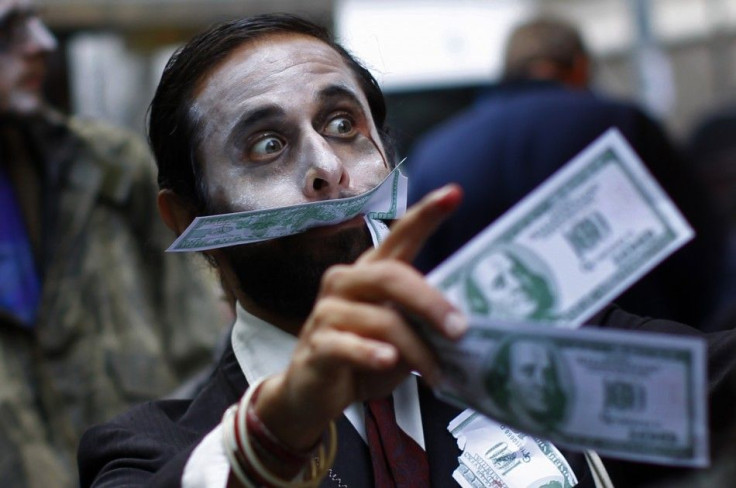N.Y.C. Campaign Cash Laws Withstand Challenge After Citizens United

A federal appeals court has tossed out a suit challenging New York City's strict pay-to-play rules for political donations, potentially bringing another campaign finance case to the U.S. Supreme Court in the wake of its Citizens United decision.
New York City is home to some of the toughest campaign finance laws in the nation. The pay-to-play provision tightly caps the amount of money a person with business before the city can donate to a political candidate and banned corporate contributions to all those who seek office. The Citizens United decision found that the government cannot ban corporate political spending during elections. But a three-judge panel of the Second Circuit Court of Appeals, based in New York, this week ruled the landmark decision does not apply to the city's campaign funding laws.
Citizens United applies only to independent corporate expenditures. It reaffirms existing precedent on the propriety of contribution limits, the opinion said. It therefore has no impact on the issues before us in this case.
The case was brought by a longtime Republican politician from Queens, Tom Ognibene, and Democratic Brooklyn State Sen. Martin Dilan. The pair tried to use the Citizens United decision to overturn New York City's campaign finance laws. This decision has sparked an effort to challenge existing campaign finance laws throughout the country, some of which have been successful.
In its first post-Citizens United campaign finance case, the Supreme Court in June struck down an Arizona law instituting a public campaign finance system that gave money to candidates if, say, a well-funded candidate spends a certain amount of money.
In Wisconsin, the Midwestern-based Seventh Circuit Court of Appeals cited the decision in overturning a state law capping contributions to political action committees, which are formed by individuals and corporations to make campaign donations.
The Second Circuit said that New York City's campaign finance laws have unique characteristics that place them outside the scope of Citizens United or the more recent case involving Arizona's public finance system.
Because the scope of quid pro quo corruption can never be reliably ascertained, the legislature may regulate certain indicators of such corruption or its appearance, the appellate opinion said, such as when donors make large contributions because they have business with the city, hope to do business with the city, or are expending money on behalf of others who do business with the city.
The New York City pols who challenged the law can get a rehearing with all 11 judges sitting on the Second Circuit or directly appeal to the Supreme Court.
© Copyright IBTimes 2024. All rights reserved.











